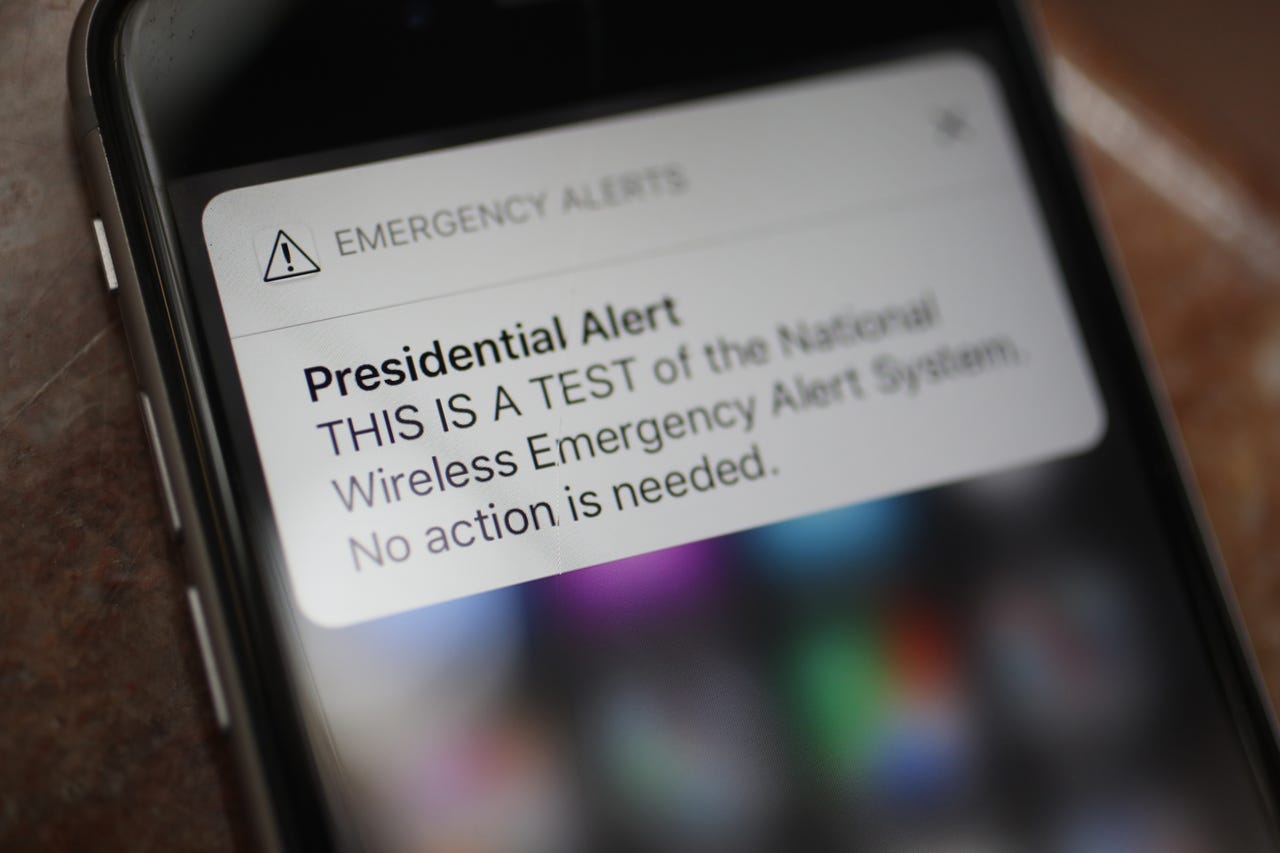'ZDNET Recommends': What exactly does it mean?
ZDNET's recommendations are based on many hours of testing, research, and comparison shopping. We gather data from the best available sources, including vendor and retailer listings as well as other relevant and independent reviews sites. And we pore over customer reviews to find out what matters to real people who already own and use the products and services we’re assessing.
When you click through from our site to a retailer and buy a product or service, we may earn affiliate commissions. This helps support our work, but does not affect what we cover or how, and it does not affect the price you pay. Neither ZDNET nor the author are compensated for these independent reviews. Indeed, we follow strict guidelines that ensure our editorial content is never influenced by advertisers.
ZDNET's editorial team writes on behalf of you, our reader. Our goal is to deliver the most accurate information and the most knowledgeable advice possible in order to help you make smarter buying decisions on tech gear and a wide array of products and services. Our editors thoroughly review and fact-check every article to ensure that our content meets the highest standards. If we have made an error or published misleading information, we will correct or clarify the article. If you see inaccuracies in our content, please report the mistake via this form.
Your phone will emit a blaring emergency alert today - unless you do this


The Federal Emergency Management Agency (FEMA) and the Federal Communications Commission (FCC) will conduct an emergency alert to all consumer cell phones on Wednesday, October 4, at 2:20 p.m. ET. This test measures the effectiveness of Wireless Emergency Alerts to determine how well FEMA can alert people of emergencies via cell phone.
Also: How to use iOS 17's 'Check In' feature, and why your loved ones will be glad you did
Here's everything you should know about it.
Why is FEMA testing phones?
FEMA is sending emergency alerts to cell phones to measure the effectiveness of its cellular emergency alert system. As natural disasters like wildfires, hurricanes, floods, and tornadoes continue to damage infrastructure and threaten lives, FEMA wants to strengthen citizens' emergency readiness.
Most Americans have a cell phone and use it throughout their day, making cell phones the most direct and surefire way to communicate emergency information to citizens.
Legislation passed in 2015 requires FEMA to test their emergency alert systems at least once every three years.
How does FEMA send alerts?
On October 4 at about 2:20 p.m. ET, every cell phone will receive a text accompanied by a loud, distinctive tone and vibration pattern. The text will say, "THIS IS A TEST of the National Wireless Emergency Alert System. No action needed."
Any cell phone that's turned on, uses a participating carrier and is within range of a cell tower will receive the alert.
Also: Alexa's new Emergency Assist could save your life and protect your peace of mind
FEMA will also broadcast the alert on TVs and radios turned on and tuned into a broadcast station, satellite radio or TV service, or cable or wireless TV.
Can I opt out of FEMA's alert?
No. If you're in the middle of a phone call, your phone won't ring with FEMA's alert. However, you cannot turn off your phone's ability to receive the warning.
Also: Amazon will pay you in gift cards to recycle your old electronics. Here's the secret
The only ways to avoid your phone ringing from FEMA's alert if you're not in the middle of a call is to power it off or switch it into airplane mode before the alert rolls out. Switching your phone to silent mode will not stop you from receiving the alert.
What if I don't want anyone to hear my phone ring?
If you're in an unsafe situation and have a second or hidden cell phone for emergencies, or if you're in class or another space you don't want to disrupt, you should switch it off from at least 2 p.m. ET to 3 p.m. ET. Otherwise, it will ring with FEMA's alert.